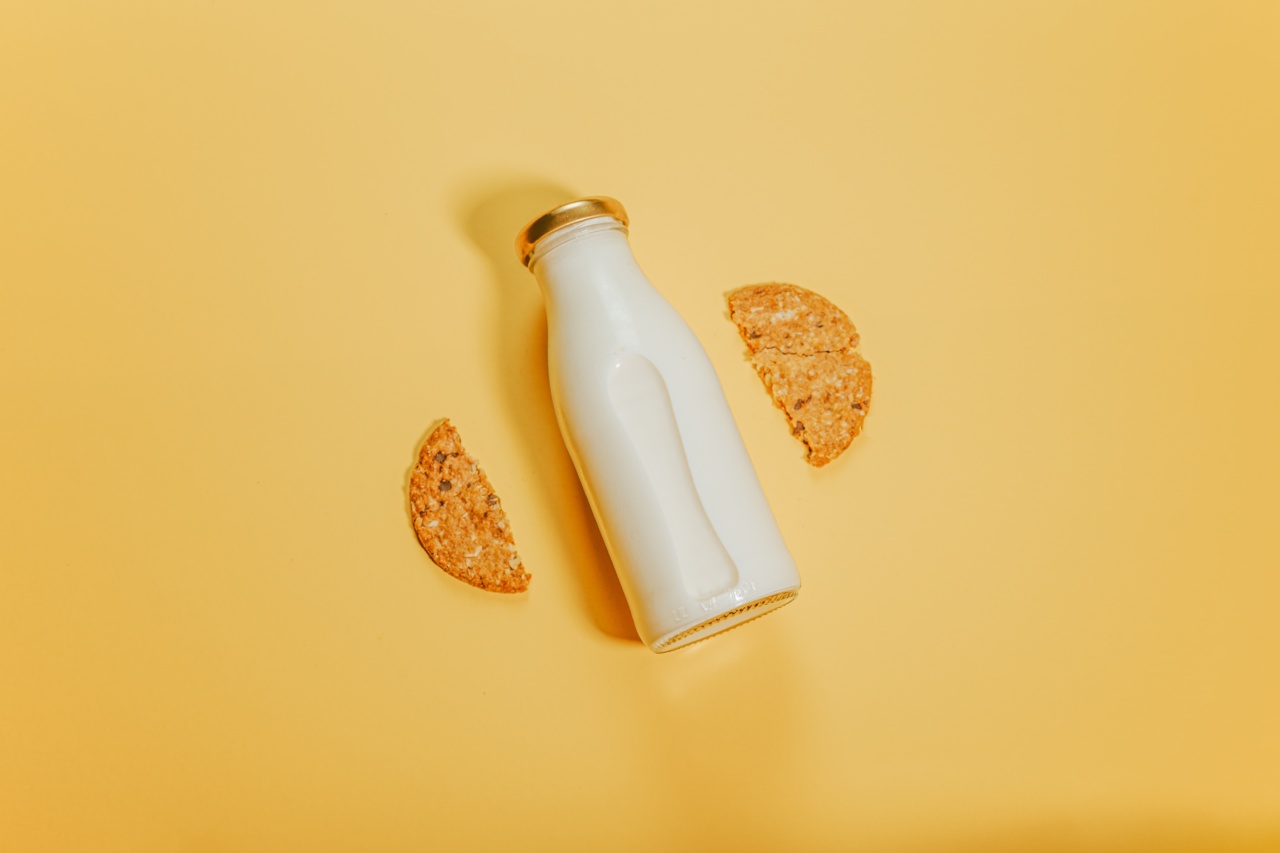Sleep and nutrition are both crucial to leading a healthy lifestyle. What many people do not know is that the two are actually interlinked and that what you eat can affect the quality of your sleep.
In this article, we will explore the link between nutrition and sleep quality.
How does Nutrition Affect Sleep Quality?
Nutrition has a direct impact on the quality of your sleep. Certain foods can help you sleep better, while others can interrupt your sleep or affect the quality of your sleep.
Foods that Promote Sleep
There are certain foods that contain nutrients that can promote sleep. These foods include:.
- Almonds: Almonds are high in magnesium which has a calming effect on the body and can help you fall asleep faster.
- Bananas: Bananas are a good source of potassium and magnesium which can help relax your muscles and promote sleep.
- Oats: Oats contain melatonin, a hormone that regulates sleep. Eating oats before bed can help you fall asleep faster.
- Dairy products: Dairy products like milk and cheese contain tryptophan, an amino acid that promotes sleep and relaxation.
- Chamomile tea: Chamomile tea has calming properties that can help you relax and fall asleep.
Foods that Affect Sleep Quality
Just as there are foods that promote sleep, there are also foods that can affect the quality of your sleep. These foods include:.
- Caffeine: Caffeine is a stimulant that can interfere with sleep. Avoid consuming caffeine at least six hours before bedtime.
- Sugar: Consuming sugary foods or drinks before bed can cause blood sugar to spike and disrupt sleep.
- Spicy foods: Spicy foods can cause heartburn or acid reflux, which can make it difficult to sleep.
- Heavy meals: Eating a heavy meal before bed can cause discomfort and make it difficult to fall asleep.
How to Improve Sleep Quality through Nutrition
If you are having trouble sleeping, making changes to your diet can help improve your sleep quality. Here are some tips:.
- Avoid consuming caffeine after noon.
- Avoid consuming alcohol before bed.
- Eat foods that contain sleep-promoting nutrients like magnesium and tryptophan.
- Avoid heavy or spicy meals before bed.
- Have a light snack before bed if you are hungry.
- Drink chamomile tea before bed to help you relax.
- Ensure that your diet is balanced and includes a variety of nutrient-rich foods.
The Bottom Line
Nutrition and sleep are both important for leading a healthy lifestyle. What you eat can affect the quality of your sleep. Incorporating foods that promote sleep and avoiding foods that affect sleep quality can help you get a better night’s sleep.






























